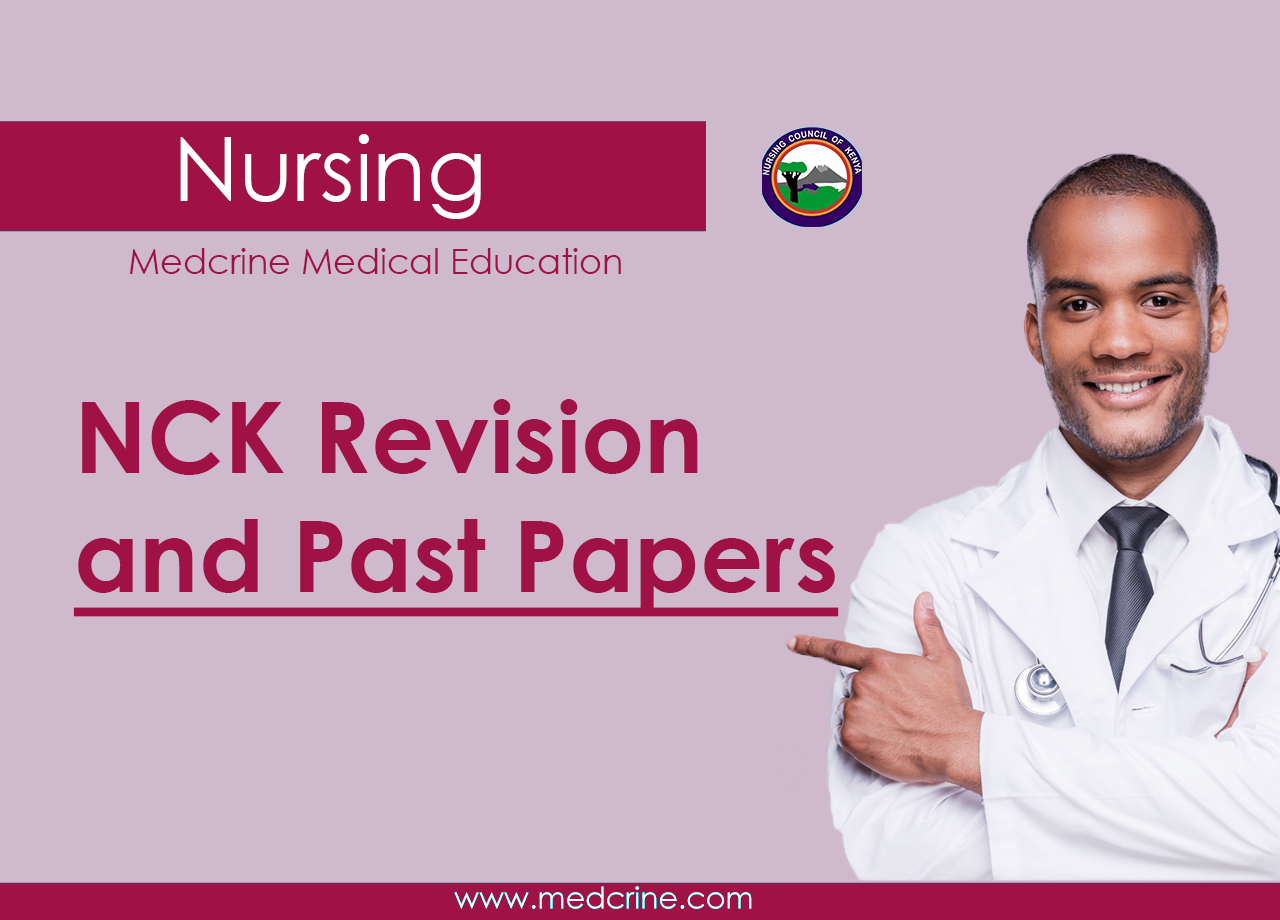Hyperemesis gravidarum (HG) is a severe form of nausea and vomiting during pregnancy, distinct from typical morning sickness. It can lead to significant maternal and fetal complications if not promptly recognized and managed.
HG is characterized by persistent vomiting leading to:
- Weight loss exceeding 5% of pre-pregnancy body weight
- Dehydration
- Electrolyte imbalances
- Ketonuria
Unlike morning sickness, HG can persist beyond the first trimester and may require hospitalization.
Etiology and Risk Factors
The exact cause of HG remains unclear, but several factors are implicated:
- Hormonal Factors: Elevated levels of human chorionic gonadotropin (hCG) and estrogen.
- Genetic Predisposition: Family history of HG increases risk.
- Psychological Factors: Stress and anxiety may exacerbate symptoms.
- Other Associations: Multiple pregnancies, molar pregnancies, and certain infections like Helicobacter pylori.
Clinical Presentation
Patients with HG may present with:
- Severe, persistent nausea and vomiting
- Inability to retain oral intake
- Signs of dehydration: dry mucous membranes, decreased skin turgor
- Weight loss
- Ketonuria
- Electrolyte disturbances: hypokalemia, hyponatremia
- Vitamin deficiencies, notably thiamine, leading to complications like Wernicke's encephalopathy
Diagnostic Evaluation
Diagnosis is primarily clinical but supported by laboratory and imaging studies to exclude other causes:
- Laboratory Tests:
- Complete blood count (CBC)
- Electrolyte panel
- Liver function tests
- Thyroid function tests
- Urinalysis for ketones
- Imaging:
- Obstetric ultrasound to assess fetal well-being and rule out multiple gestations or molar pregnancy
Management
Initial Management:
- Hospitalization: Indicated for patients with significant weight loss, dehydration, or electrolyte imbalances.
- Fluid Replacement: Intravenous fluids with electrolytes to correct dehydration and imbalances.
- Thiamine Supplementation: Administer before dextrose-containing fluids to prevent Wernicke's encephalopathy
Pharmacologic Therapy:
- First-line:
- Pyridoxine (Vitamin B6)
- Doxylamine
- Second-line:
- Antiemetics such as metoclopramide, promethazine, or ondansetron.
- Corticosteroids: Considered in refractory cases after the first trimester due to potential teratogenicity.
Nutritional Support:
- Enteral feeding via nasogastric or nasojejunal tube if oral intake remains inadequate.
- Parenteral nutrition as a last resort due to associated risks.
Psychological Support:
- Addressing mental health is crucial, as HG can lead to depression and anxiety.
Complications
If untreated, HG can result in:
- Wernicke's encephalopathy
- Electrolyte imbalances leading to cardiac arrhythmias
- Renal dysfunction
- Fetal growth restriction or preterm birth
Prognosis
With appropriate management, most patients recover without long-term consequences. However, symptoms may persist throughout pregnancy in some cases.
Key Points
- Differentiate between morning sickness and HG based on severity and impact on hydration and nutrition.
- Early recognition and treatment are vital to prevent complications.
- Always administer thiamine before glucose in patients with prolonged vomiting.
- Consider psychological support as part of comprehensive care.






